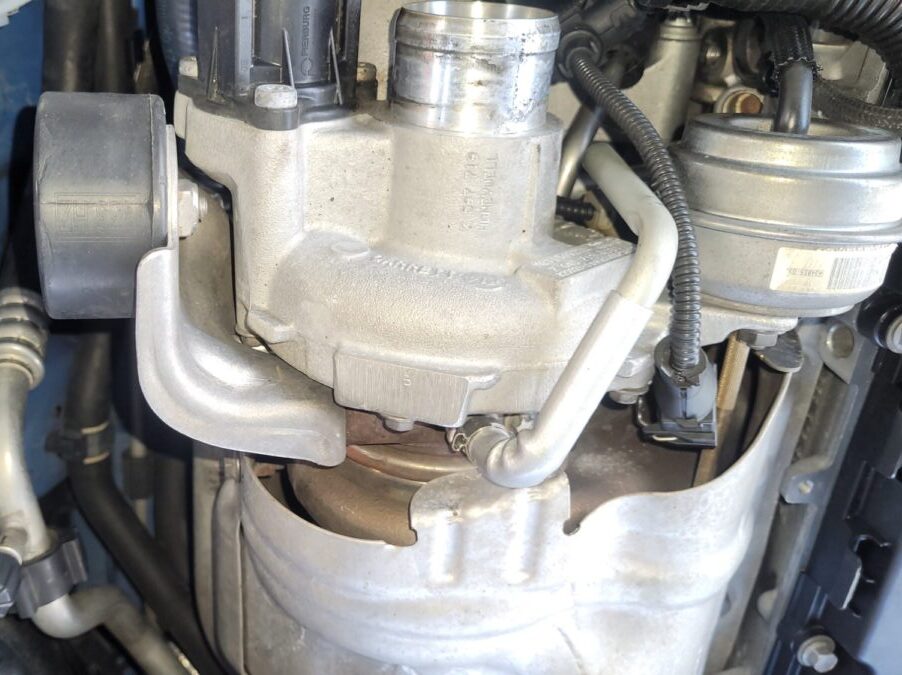Turbo engines are awesome, more power from a smaller engine, better fuel economy if you drive it right, and a bit of fun when you put your foot down. But they do need a bit of extra TLC compared to your standard setup.
Had a customer in the other day with a late-model Mazda CX-5 turbo. He was wondering why it felt sluggish and a bit off on the hills heading up towards Dinsdale. Turned out the turbo hadn’t been getting the care it needed, and it was starting to clog up with carbon and oil gunk. Not ideal.
Warm it up and cool it down
One of the easiest ways to keep your turbo healthy is by letting the engine warm up properly before giving it a boot. Cold oil doesn’t flow well, and the turbo relies on good oil flow to keep spinning smoothly. So if you’re just nipping down the road from Flagstaff to The Base and straight into traffic, take it easy. Let it warm up before any heavy acceleration.
Same goes for cooling down. After a drive, especially if you’ve been pushing it a bit (like overtaking on SH1 or towing a trailer up the Bombay Hills), let the car idle for 30 seconds to a minute before turning it off. It helps stop the oil from cooking inside the turbo and forming carbon deposits.
Keep your oil clean
Honestly, this is the biggie. Turbo engines flog their oil a lot harder than non-turbo ones. We see this all the time with stuff like older Subaru Legacies or Toyota Caldinas with high kays, people miss a service or stretch the oil change too far, and next thing the turbo’s on its last legs.
Stick to your service schedule. If the car says 10,000 km between oil changes, do it at 7,500 km, especially if you’re mostly doing short trips around Hamilton, lots of stop-start, or live somewhere like Rototuna with heaps of speed bumps and slow driving.
Ask us for a car service in Hamilton that’s right for your turbo car. We use quality oil and filters that won’t let you down.
Watch for common warning signs
If your turbo starts to whine louder than usual, you notice a loss of power, or you see blue smoke out the back, don’t ignore it. That smoke’s usually oil getting past the seals, and it’ll only get worse.
Had a Nissan Juke come in the other week blowing smoke like an old diesel ute. Turbo seals were toast, all because the owner skipped oil changes and kept hammering it cold every morning. Could’ve been avoided with regular care.
Air filters and boost leaks
Air filter’s another one, a clogged filter makes the turbo work harder than it should. If you’re driving on dusty rural roads around Te Kowhai or Gordonton, you’ll want to check it more often.
Also keep an ear out for any hissing sounds or poor boost, could be a split intercooler hose or a loose clamp. We see this a lot on Euro cars like VW Golfs or Audi A4s. Doesn’t cost the earth to fix if you catch it early.
Final thoughts
Turbo engines are built for performance, but they need proper upkeep to stay sharp. Regular oil changes, gentle warm-ups, and keeping an eye on warning signs will keep your turbo spinning sweet for years.
Need help with turbo maintenance, hybrid repair, or just keen for a solid WOF in Hamilton? Swing by Grimmer Motors — we’ll look after you and your car like it’s our own.

